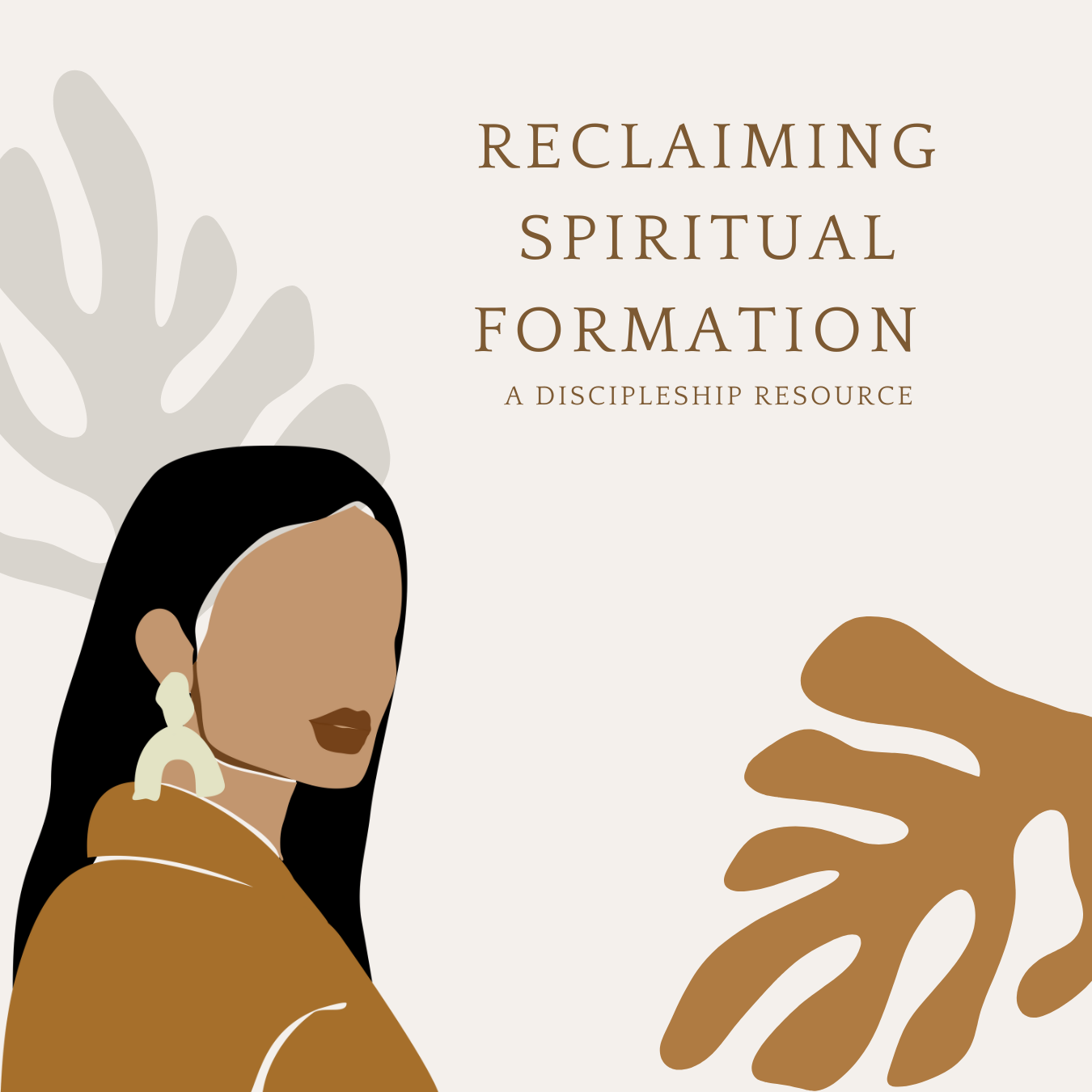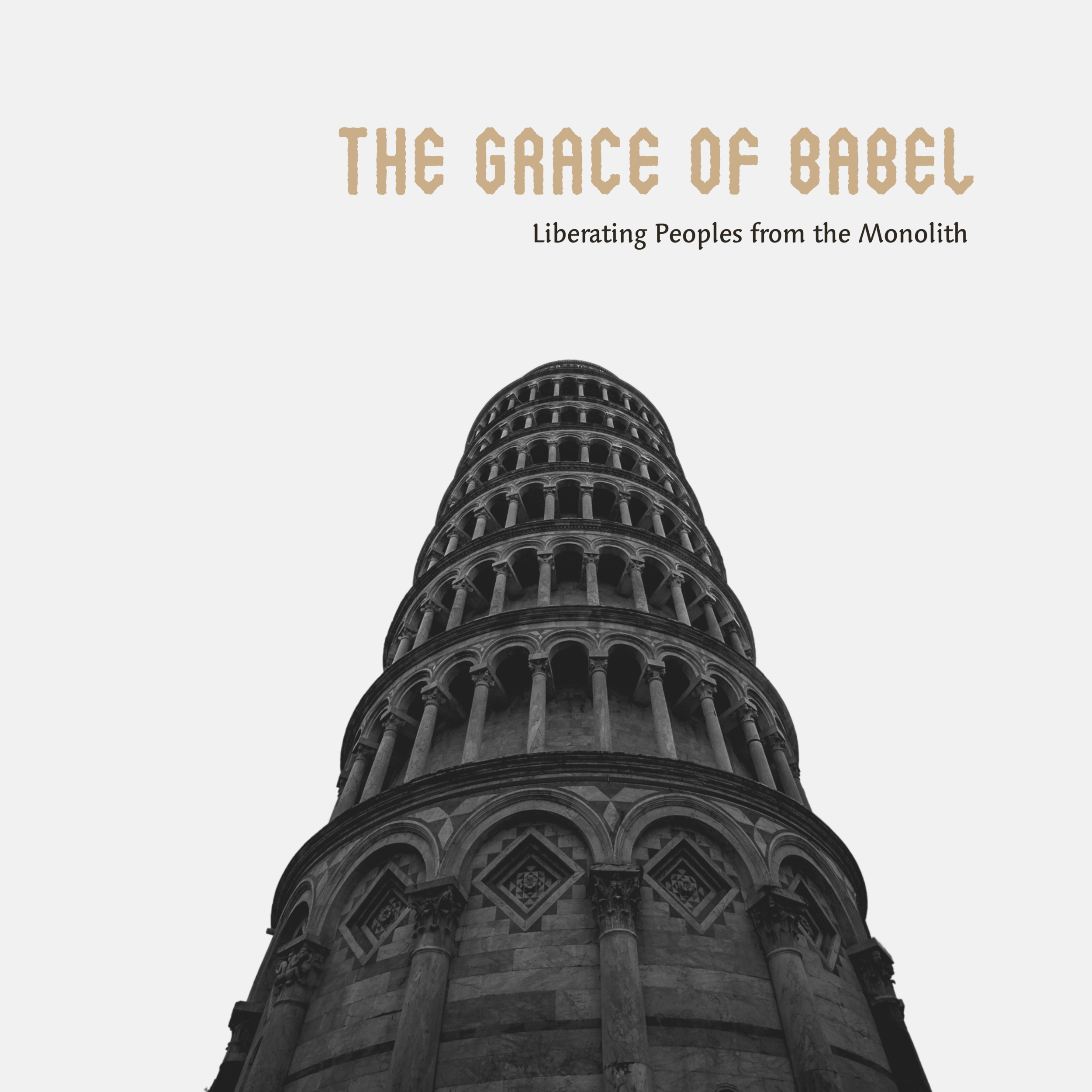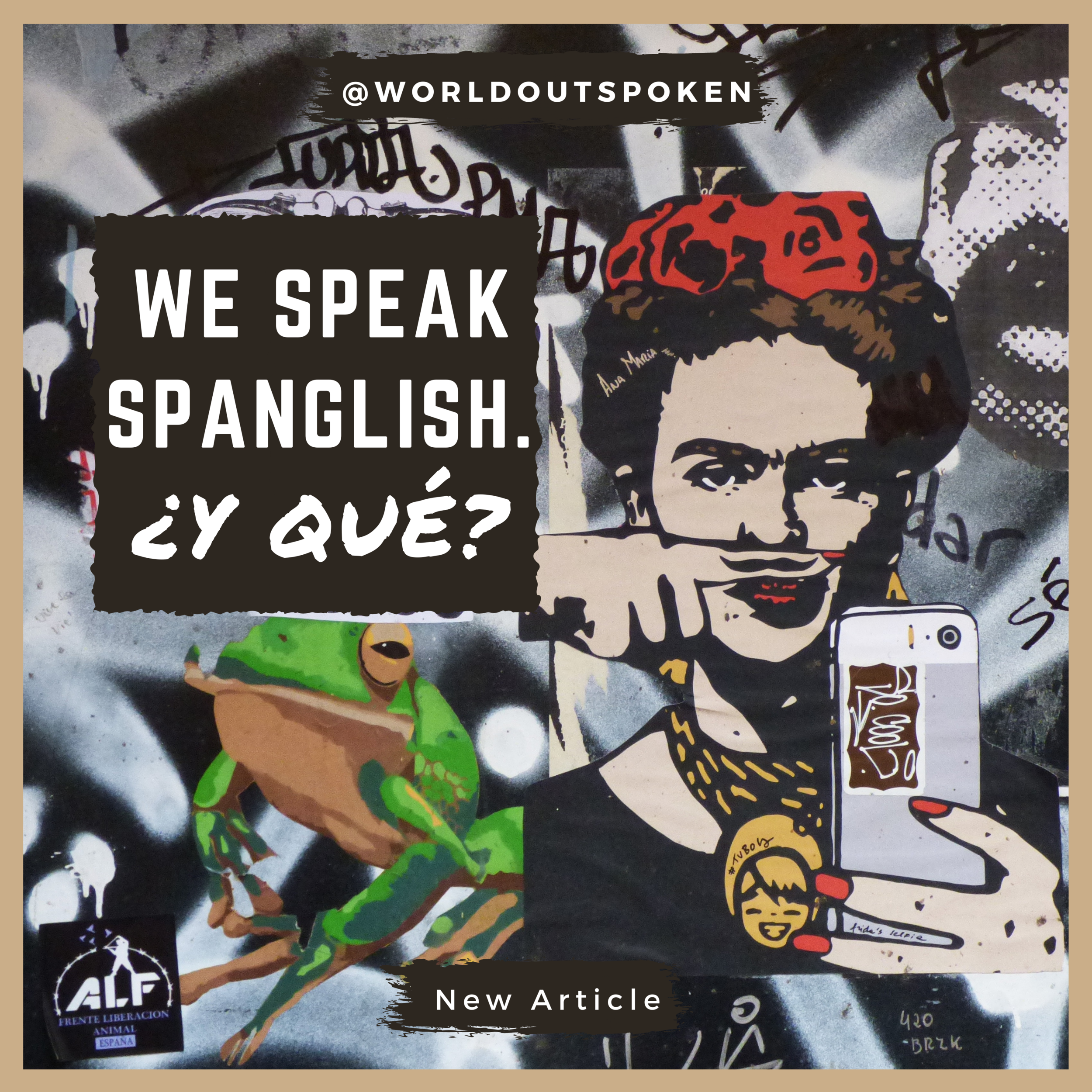Mestizo is a Spanish word…
It was originally used by Spanish Conquistadors to keep their mixed children - those had with indigenous women - from full rights in the new Americas. They were not “purebred.” For centuries, Hispanics wrestled with this mixed identity, often attempting to hide, erase, and distance themselves from it. However, many scholars and pastors now realize that mestizo is a defining attribute of God’s people. They not only work to reclaim the word, but many have reconsidered its meaning in light of the biblical story. The first time God rescued a people and called them His own, he rescued a mixed multitude (Exod. 12:38). Since then, the Church is a beautiful mixture of people “from every nation, from all tribes and peoples and languages” (Rev. 7:9).
Mestizo goes beyond bloodlines and skin tones. The process of mestizaje (mixing) is cultural and religious as well. It does not erase the particular, but it makes something new. Mestizos have the gift and curse of many heritages. World Outspoken serves this mixed people. We don’t mean the Hispanic church exclusively, though it is one of the central streams in our heritage. We mean all the mixed multitude that is God’s people. The elderly and the young. The differently-abled. The mix of ethnicities. The rich and poor. Those that are urban and those that are rural. Our vision is of a church that bears witness to the world otherwise: a borderlands community drawing out all the potential beauty and goodness born from the in-between.
“It is in the very way of Jesus that mestizos find their mission: to create. In this is both the excitement and challenge. God might have created the world in seven days, but it takes us many generations to create a new humanity, a new culture. It cannot be merely legislated. It has to develop gradually through the efforts of the poets, the artists, the thinkers,” the culture-makers.”
Learn more about mestizaje by reading these excellent articles and check out our Mestizo Podcast.











